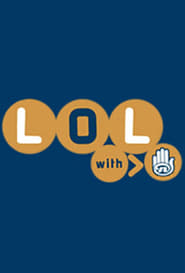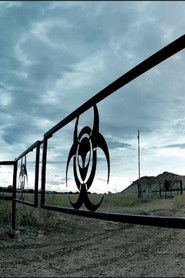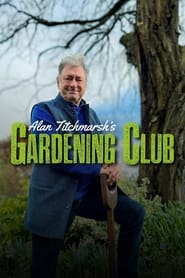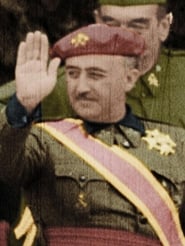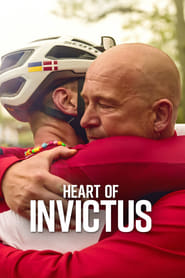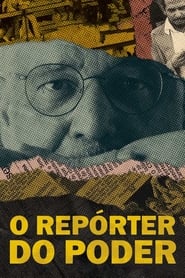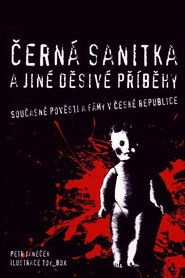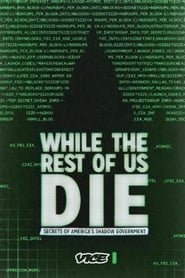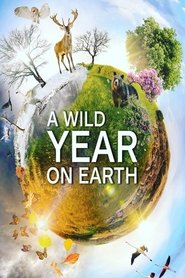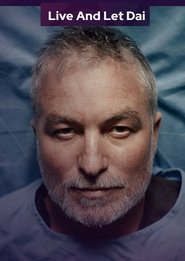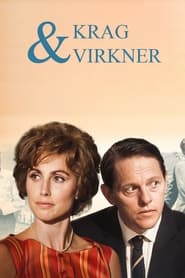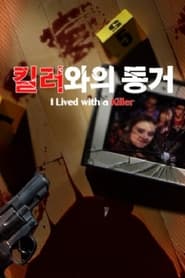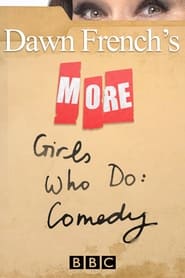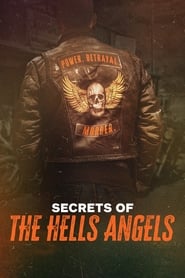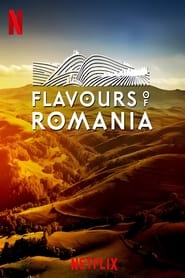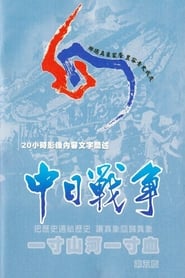Documentary TV Series - Page 326
-
LOL with The N
2003
LOL with The N
2003
Each episode of "LOL with The N" provides a behind-the-scenes look at four different comedy acts at the Gotham Comedy Club in New York City. -
The Secret of Skinwalker Ranch: Behind The Gate
0000
star 8.7The HISTORY Channel’s popular series The Secret of Skinwalker Ranch tracks the boldest efforts yet of ranch owner Brandon Fugal and his team to reveal the ultimate truth behind the anomalous property. -
Freshly Picked with Simon Toohey
2020
Simon Toohey showcases his culinary skills and prepares a variety of scrumptious dishes using the freshest produce from local farmers. -
Alan Titchmarsh's Gardening Club
2024
star 7Alan Titchmarsh and his Gardening Club team share invaluable tips, tricks and insights for seasoned and aspiring gardeners - from Houseplants to inner-city gardens & more. -
TWIST
2020
TWIST
2020
-
Heart of Invictus
2023
Heart of Invictus
2023
star 7.6Follow six people competing in the 2022 Invictus Games, a global event founded by Prince Harry that helps wounded service members heal through sports. -
O Repórter do Poder
2023
-
Černá sanitka
2008
Černá sanitka
2008
-
Les 5 Prochains
2011
Les 5 Prochains
2011
-
While The Rest Of Us Die
2020
star 5.5From the Cold War to COVID, the secret history of the government's Doomsday plans. Based on the book by Garrett M. Graff, the six-part series exposes the U.S. government’s flawed plans to protect its citizens. The show unpacks America’s national security spending on hidden underground cities, a secret air force and a plan to suspend democracy in order to serve the interests of the elite class. The series features interviews with political figures including former Secretary of Homeland Security Jeh Johnson and former National Coordinator for Security. -
A Wild Year On Earth
2020
A Wild Year On Earth
2020
star 7.7Narrated by actor Laura Carmichael, this six-part documentary series charts the planet’s most spectacular events of migration, rebirth and transformation. Over the course of a turbulent year, we witness how finely tuned creatures face the Earth’s seasonal patterns. However, in the 21st Century, these patterns are becoming more extreme, less predictable and dangerously unreliable. Across the globe, we witness the drama and the spectacle. No matter what time of year it is, somewhere on Earth something miraculous is happening. -
Live and Let Dai
2024
Live and Let Dai
2024
One of New Zealand's most loved comedians and broadcasters, Dai Henwood, offers an open and honest look into his courageous fight against cancer. -
Krag & Virkner
2022
Krag & Virkner
2022
-
Reelz
2019
Reelz
2019
-
More Dawn French's Girls Who Do: Comedy
2006
Dawn French, interviews her favorite comediennes and asks about their upbringing, family life, entree into comedy, routines for generating material, whether they hang out with other funny people, comedic influences, professional jealousy and how being funny affects one's love life. The series began as three episodes comprised of clips from 36 interviewees, but returned four months later with these six full-length interviews of Whoopi Goldberg, Catherine Tate, Kathy Burke, Julie Walters, Victoria Wood and Joan Rivers. —Samb Hicks -
Secrets of the Hells Angels
2024
star 8A deep dive into the international motorcycle club the Hells Angels, with access to former chapter presidents, undercover agents who risked their lives to infiltrate the group and others who witnessed the criminal activities to reveal that the Hells Angels were a much more violent, devious, and highly organized group than anyone realized. -
Flavours of Romania
2017
Flavours of Romania
2017
star 7.5A stunning tv travel series aimed at protecting and promoting Romania's natural and cultural legacy. Join us for a road trip through Romania's great historic regions celebrating the country's diverse cultures, landscapes, gastronomy, people and music and showing how eco-tourism and conservation could provide the best road map for the future. -
Long Road to Monterey
2018
Come along for the ride of a lifetime as Jason Wenig and his team at The Creative Workshop are under the gun to ready two vehicles, a 1966 Ferrari 330 GT Speciale and a 1921 Kissel Gold Bug, for two of the most famous concours on the planet, Pebble Beach Concours D'Elegance and The Quail Motorsports gathering. -
一寸山河一寸血
1995
